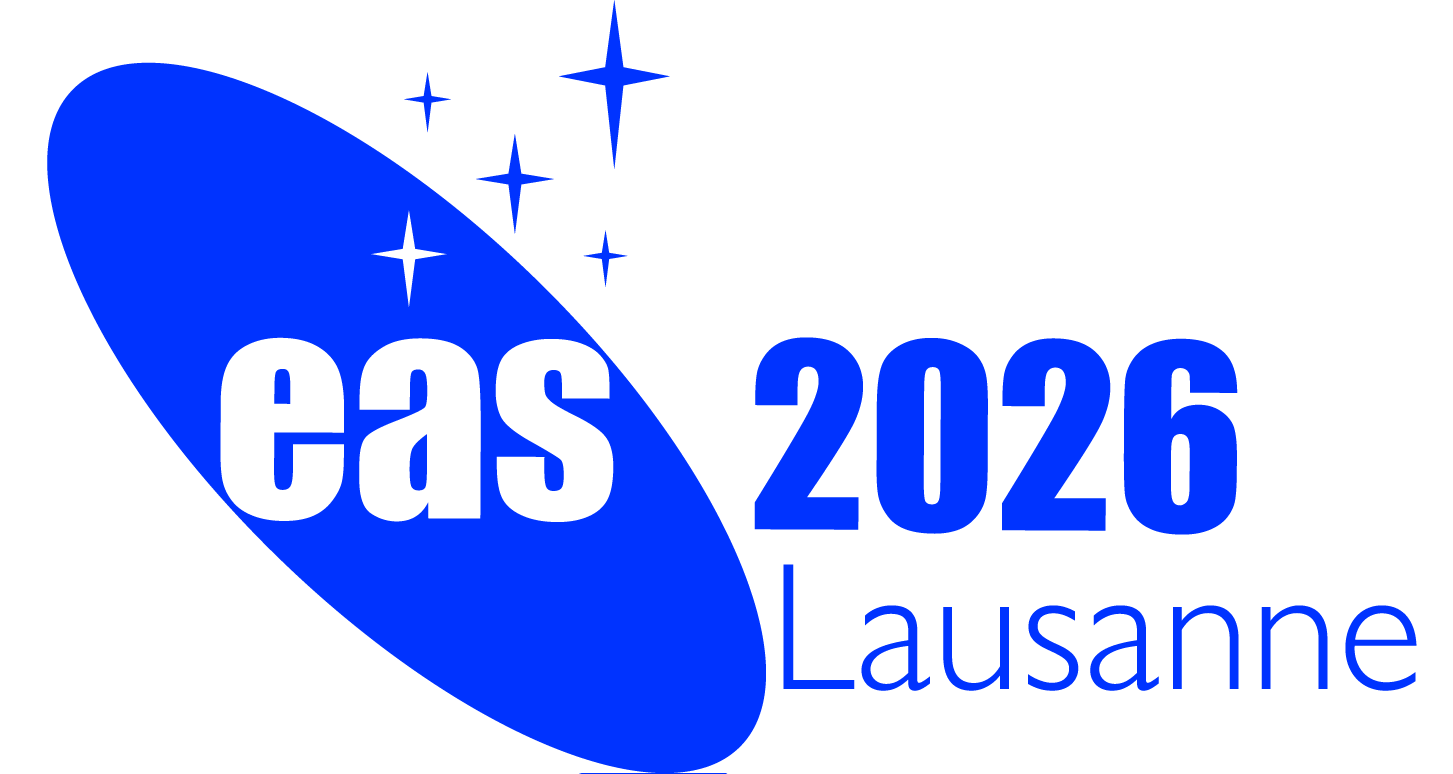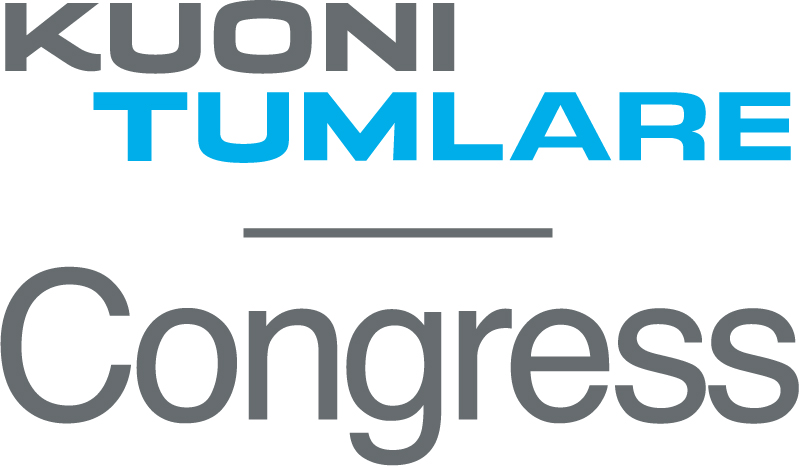Special Session SS8
3 Jul 2026
Local Group star formation in the conditions of Cosmic Noon: seeing the impact of JWST
Aims and scope
 The primary goal of this session is to understand the very nature of the mass accretion process and disk survival under varying environmental conditions.
The primary goal of this session is to understand the very nature of the mass accretion process and disk survival under varying environmental conditions.
The dispersal of circumstellar disks is crucial for setting the time available for the formation of planetary systems around young stars. Observations of young solar-metallicity clusters show that optically-thick circumstellar disks disappear within ~1-3 Myr for about half of young, low-mass stars, and are largely absent in ~8-10 Myr-old associations. This period roughly marks the shutdown of mass accretion. This general trend might in fact be an exception, not the norm: feedback mechanisms, such as photoevaporation, but also streamers and late infall, and other environmental properties, such as metallicity and stellar density, can significantly affect how quickly accretion tapers off and protoplanetary disks disperse. With the majority of stars in the Universe having formed at Cosmic Noon, with characteristics (e.g., stellar density, metallicity) akin to those in distant clusters of our Galaxy and the Magellanic Clouds, it is clear how it is important to investigate the star formation process in different environmental regimes.
Metallicity appears to affect disk lifetime, but it is not clear whether we understand the implications. Infrared studies of young metal-poor stars (Z~0.2 Zsun) in star forming regions (SFRs) of the outer Galaxy suggest their disks dissolve significantly faster than nearby solar-metallicity young stars, implying shorter dispersal timescales. At the same time, analysis of HST photometry and very recent JWST spectra of pre-main sequence stars in young dense clusters of the Magellanic Clouds (Z down to ~0.1 Zsun), demonstrate that mass accretion rates decrease more slowly with time than what is observed in solar-metallicity SFRs. This would imply longer timescales for the decrease of mass accretion rate and, in principle, longer disk timescales. The possibility has been explored that low metallicity might enhance the effectiveness of photoevaporation in removing gas and small dust grains from circumstellar disks and therefore impacting on disk erosion. On the other hand, recent observations hint at the effect of stellar density in low metallicity regions as an additional factor regulating the intensity of the accretion process. A clear, unified picture is therefore still missing.
In this Special Session, scientific communities working on the environmental effects on accretion and disk properties, with a particular focus on interpreting the exciting new results coming out from facilities like JWST, both from observations and theoretical modeling, will convene. The discussion will focus on young clusters in our Galaxy and the Local Group, particularly regions resembling those in place at Cosmic Noon in comparison with the solar vicinity. Our aim is to address the following central questions:
- How do environmental conditions like metallicity, stellar and molecular gas density, intense local UV fields, and even streamers affect accretion properties, disk lifetime, and potential planet formation?
- Do the star-forming regions in the outer Galaxy serve as a bridge between nearby young clusters and very distant clusters in the Magellanic Clouds?
Note on the picture in the upper-right corner of the page: This is the wonderful image captured by NIRCam@JWST of NGC 346, a dynamic star cluster that lies within the Small Magellanic Cloud. Webb reveals the presence of many more building blocks than previously expected, not only for stars, but also planets, in the form of clouds packed with dust and hydrogen. Credits: NASA, ESA, CSA, Olivia Jones (UK ATC), Guido De Marchi (ESTEC), Margaret Meixner (USRA); Image Processing: Alyssa Pagan (STScI), Nolan Habel (USRA), Laura Lenkic (USRA), Laurie Chu (NASA Ames)
Programme
- Accretion properties in different environmental physical conditions
- Feedback mechanisms and local environmental properties affecting disk survival
-
Model predictions of environmental effect on disk dispersal and planet formation
Invited speakers
- Jenny Frediani (Stockholm University, SE)
- Daniela Iglesias (University of Leeds, UK)
- Olivia Jones (Royal Observatory of Edinburgh, UK)
- Ciaran Rogers (STScI, Baltimore, USA)
- Giovanni Rosotti (University of Milan, IT)
Scientific organisers
- Katia Biazzo (INAF - Astronomical Observatory of Rome, Italy; chair)
- Cathie Clarke (University of Cambridge, UK; co-chair)
- Guido De Marchi (European Space Agency, The Netherlands; co-chair)
- Mario Giuseppe Guarcello (INAF - Astronomical Observatory of Palermo, Italy; co-chair)
- Maria Claudia Ramirez-Tannus (Max-Planck Institute for Astronomy in Heidelberg, Germany; co-chair)
- Megan Reiter (Rice University, USA; co-chair)
Contact
Updated on Thu Jan 29 15:18:20 CET 2026

 A power cut will shut down all EAS services on Tuesday, 10 January 2017 starting at 7:30 CET.
A power cut will shut down all EAS services on Tuesday, 10 January 2017 starting at 7:30 CET.

